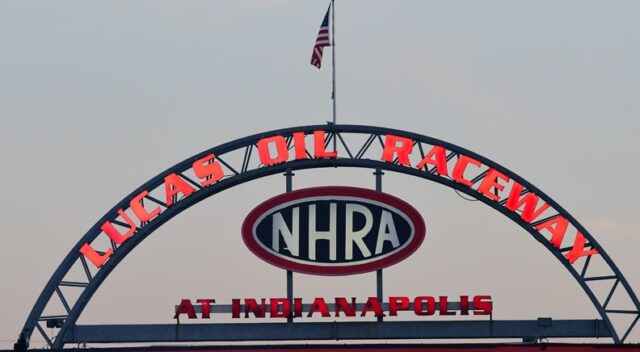That truck must have pulled a race car trailer from the time it was new and only did a limited schedule because with only 150,000 miles it is just getting broke in. A freight truck that old would have over a million miles on it by now. The last race car hauler I drove was a 2010 Volvo and it had 760,000. I was averaging around 50,000 miles a year for the full tour, but a freight truck will average at least a 150,000 + miles a year. Unless there was a type o and it actually had 150,000 on an inframe.
I don't know if this is a new truck or something Jim had previously; and, I believe he was starting off running a limited schedule this year; but, the operation was already hurting as early as February.
Back to the original subject.
I don't think the size of the payouts is the root issue, it's that the two classes are inherently (and overly) expensive to run in the first place, and you can either shut up and accept that it's a big money game and everything that goes with it, or not; there's a reason why there aren't many thousandaires in premier level yacht or horse racing and I doubt the winner's main goal is the prize money anyway. If it's "not worth it to work" due to the costs involved, then maybe your "service" is overpriced for the market you're currently in.
Personally, I think the NHRA's main objective at the moment should be to increase the number of pro (nitro) cars at an event, it's like injecting cash flow; but, I don't think you're going to attract many newcomers to TF when it's an expensive buy-in and costs are $20k per run. If NHRA isn't looking at something like becoming more small team friendly like Funny Car Chaos or United Funny Car as a class and a way to build out some nitro fields and bring new blood in, then I think racing's going to pass them by as the current TF and FC get faster, more expensive, have less places to run, and become an exhibition or cackle car at selected tracks rather than a race. Like jet cars. "Come out to the track and relive the days of 12,000 horsepower, when these monsters were king of the drag strip at 330mph+! Sunday, Sunday, Sunday..."
Bottom line though is track length is finite while speed isn't, (and which also costs money,) so NHRA/racing will inevitably need to change one way or another to be able to work within the boundaries of costs, speed, and real estate, or all three, in front of them to survive. The current status quo is not sustainable.


